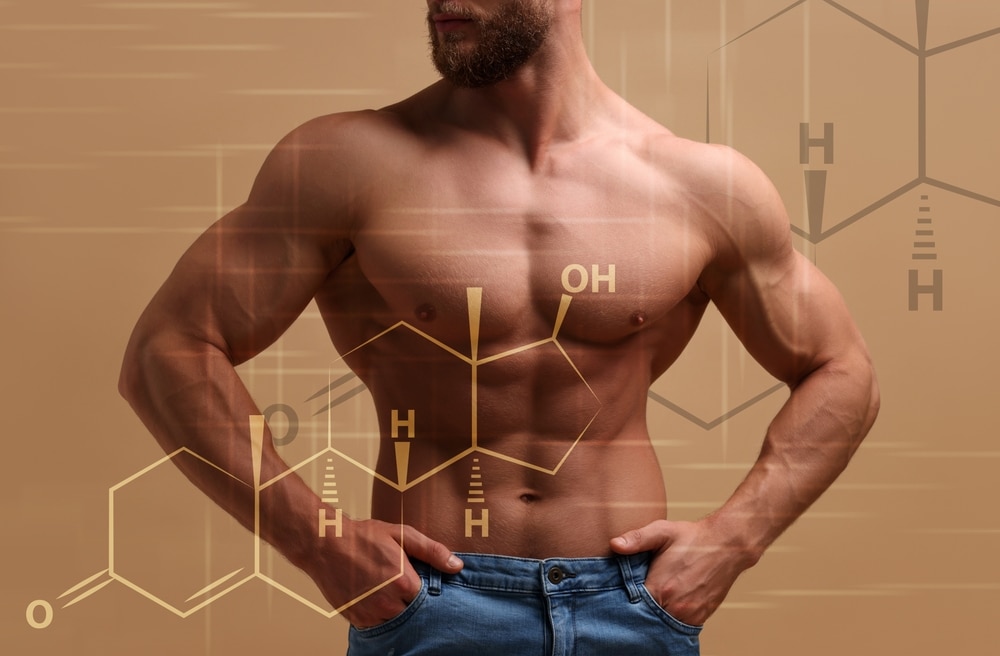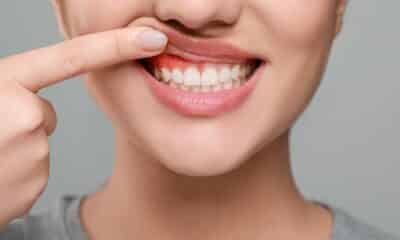Different Approaches To Boost Testosterone, Natural vs Clinical
Testosterone is a hormone that helps men feel strong, energetic, and healthy. As men get older, testosterone levels can go down, which can cause fatigue, muscle loss, mood changes, and other symptoms. When this happens, men often look for ways to boost their testosterone levels. Some people prefer natural methods, like diet and exercise, while others turn to medical treatments, like testosterone replacement therapy (TRT). This guide will help you understand both approaches and decide which one might be right for you.
The Natural Approach To Boosting Testosterone
Diet and Nutrition
The foods you eat can affect your testosterone levels. Some nutrients like zinc, vitamin D, and omega-3 fatty acids may help support testosterone production.
- Eat more lean meats, nuts, seeds, eggs, and fish.
- Avoid processed foods and too much sugar.
Certain foods, like leafy greens, fatty fish, and nuts, can help support testosterone levels naturally. Eating healthy is a good first step.
Exercise and Physical Activity
Exercise can boost testosterone, especially weightlifting and high-intensity interval training (HIIT). Studies show that these workouts can help increase testosterone levels.
- Strength Training: Lifting weights can build muscle and raise testosterone.
- HIIT: Short, intense workouts are great for testosterone boosts.
Lifestyle Factors
Lifestyle choices also impact testosterone.
- Get enough sleep: Less than 7 hours can lower testosterone.
- Manage stress: High stress levels can reduce testosterone.
- Limit alcohol: Too much alcohol can harm hormone levels.
Making these small changes can have a big impact on your overall hormone health.
Natural Supplements
Some natural supplements claim to boost testosterone, like ashwagandha and fenugreek. These might help, but they’re not as powerful as medical treatments. And remember, not all supplements are regulated, so talk to a doctor first.
Clinical Approaches: Testosterone Replacement Therapy (TRT)
Types of Testosterone Therapy
TRT involves adding testosterone to the body through medical treatments. Common TRT methods include:
- Injections: Testosterone shots directly into the muscle.
- Gels and Patches: Applied to the skin to slowly release testosterone.
- Pellets: Tiny implants placed under the skin that release testosterone over time.
Each option has its benefits and risks, so it’s important to choose the one that fits best with your lifestyle and health needs.
Medical Benefits of TRT
TRT can help boost muscle growth, energy levels, mood, and sex drive in men with low testosterone. Studies have shown that TRT can make a big difference for men who have low testosterone due to age or other medical issues.
Risks and Side Effects
TRT isn’t perfect; it comes with possible side effects, such as:
- Heart issues
- Increased risk of sleep apnea
- Reduced sperm production
Medical professionals suggest regular checkups to monitor these risks. Always talk to a doctor before starting TRT.
Comparing Natural Approaches vs. Testosterone Replacement Therapy
Effectiveness and Timeframe for Results
- Natural methods may take longer to show results and can vary depending on your lifestyle and dedication.
- TRT can show results faster, often within a few weeks, especially in muscle growth and energy.
Cost Considerations
- Natural approach: Generally cheaper since it includes diet, exercise, and maybe supplements.
- TRT: It can be expensive, especially if insurance doesn’t cover it. TRT also requires regular checkups.
Suitability Based on Health Profile
- Natural approach: Good for men with mild symptoms and who want gradual improvement.
- TRT: Recommended for men with very low testosterone, confirmed by a doctor. TRT is especially helpful for conditions like hypogonadism (a medical term for low testosterone levels).
The Role Of A Medical Professional: When To Consider TRT
Getting a medical opinion is key. Only a doctor can diagnose low testosterone. They will likely ask questions, do blood tests, and check for symptoms. A doctor’s advice can help you decide if TRT is right for you or if natural methods are enough.
Myths And Misconceptions About Testosterone Therapy And Natural
Boosting Methods
Many people have questions and beliefs about TRT and natural methods. Here are a few myths:
- Myth: “Testosterone therapy is only for older men.” Truth: Men of any age with low testosterone may benefit from TRT.
- Myth: “Natural methods are enough for everyone.” Truth: For men with very low testosterone, natural methods may not be effective.
- Myth: “TRT is dangerous for everyone.” Truth: TRT is safe for many men, especially when managed by a doctor.
Conclusion
Deciding between natural methods and TRT depends on your needs. Both approaches can improve testosterone levels, but each has pros and cons. Talk to a doctor to understand your options and choose what’s best for your health.
















